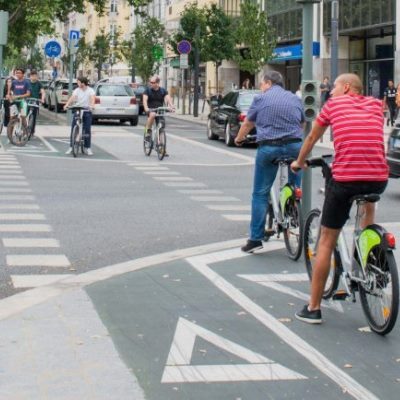Filipe Moura
Supervisor
Kelly J. Clifton
Co-supervisor
Keywords
Cycling · Barriers and motivators · Modal choice · Travel behavior · Low cycling maturity cities
Funding
This research is supported by the Portuguese Foundation for Science and Technology (FCT), through the Ph.D. grant PD/BD/105719/2014.

